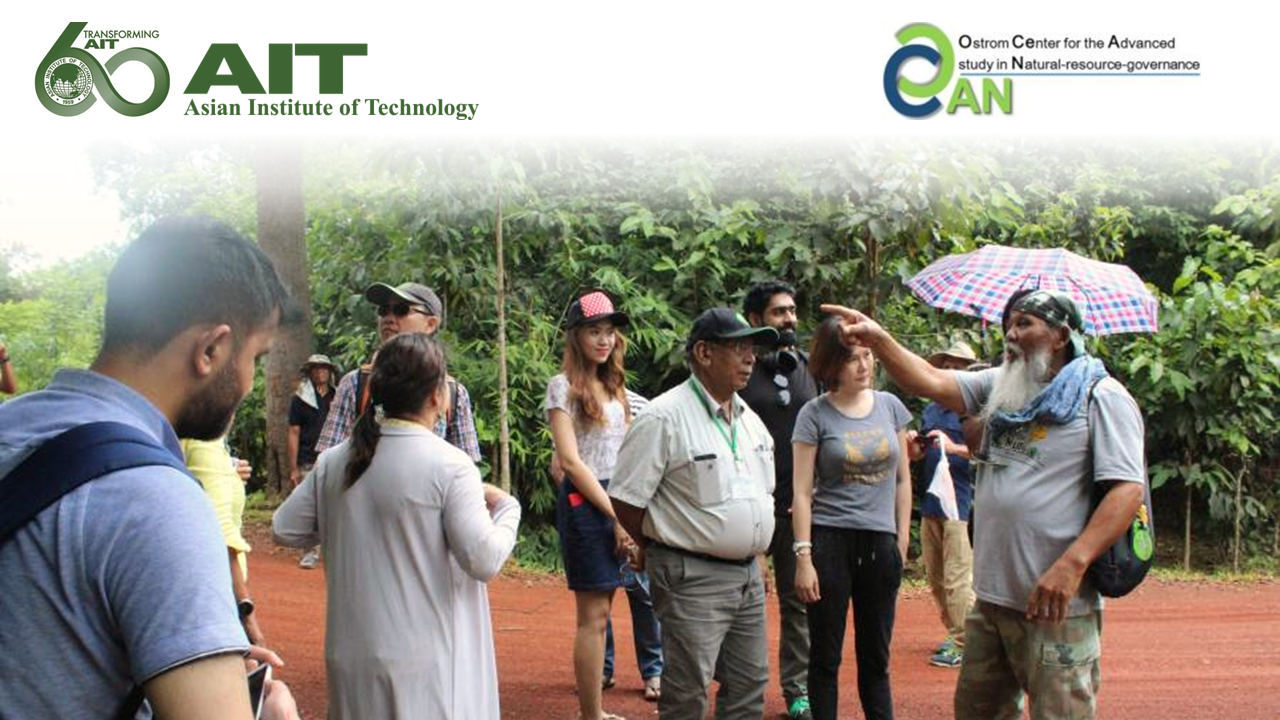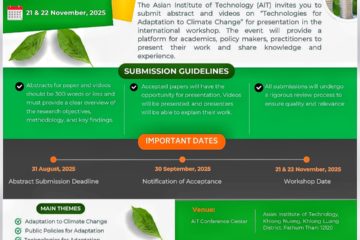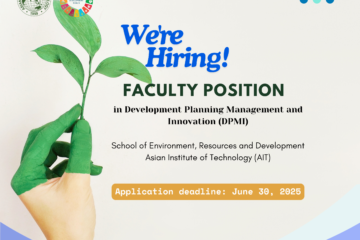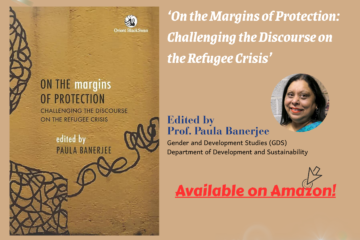Ostrom Retreat 2019

Context and Background
Elinor Ostrom received the 2009 Nobel Prize in Economic Sciences for her research proving how the commons are vital to the world based on the rhetoric of the “tragedy of the commons”, which focused on private property and centralization as ways to protect finite resources from depletion. She turned over the “conventional wisdom” by validating by what means local resources could be effectively managed by commons without ruling by central government or privatization. Ostrom identified 8 design principles for how common-pool resources could be governed sustainably and equitably in a community. Similarly, the Institutional Analysis and Development (IAD) framework summarizes the ways that institutions function and adjust over time. The framework observes institutions to be created by humans whereby individual choices made render consequences of particular choices made. This is one of a “multi-level conceptual map” that may offer to study a specific hierarchical section of interactions made in a system. The part of the framework includes action arena identification, formed through interactions between actors and actor situations.
As a political scientist, Ostrom has been a source of inspiration for many researchers and social scientists, including the faculty at the School of Environment, Resources and Development of the Asian Institute of Technology (AIT) in Thailand. Colleagues at the Ostrom Center for Advanced Study in Natural Resources Governance (OCeAN) within and beyond AIT have recently published four volumes with chapters based on Ostrom’s theories and approaches. She changed the method of inquiry among economists that earlier ignited with a hypothesis and then put on to statistical tests; she initiated with a concrete reality as a replacement for. Following in her footsteps, OCeAN has published four book series from Elsevier which are based on ground information that is then analyzed rather than formulating an assumption of reality. The speculative issues linked to the management of environment and natural resources are presented in the series to bring about understanding of the mechanisms in managing natural resource base in the regions and how different stakeholders interact with each other in managing the natural resources.
Major Research Topics for Presentation in Retreat
Continuing OCeAN’s search for the following issues to seek answers to:
- How can economic growth be prudent together with holding natural resources intact?
- How has decentralization of natural management rights affected the resource conditions, and how have concerns of gender and social inclusion been incorporated in the process?
- How can the sustainability of efforts to improve the productive capacity of CPR systems be assessed in the context of current debate on the effects of climate change and initiative and implementation of new programs such as PES and REDD+?
- How can multiple methods of information gathering and analysis (by multiple methods, we mean both triangulation of methods to get the true picture as well as the combination of socioeconomic methods with the biological science through a combination of micro-macro analytic methods such as remotely sensed data overtime verified by ground-truthing and additional GPS sample point verification process) on CPRs be integrated in the national natural resource policy guidelines and the results used by local managers and users of CPRs, government agencies and scholars?
- What are the effective polycentric policy approaches for governance and management of CPRs that are environmentally sustainable, and gender balanced?
To investigate these questions we propose the following major research topics for presentation during the retreat
- The experiences and need for Cross Country Comparative Studies among S and SE Asian countries on issues related to the governance and management of natural resources. We will also explore the possibilities of linking the Asian research tools and meta level data base on the CPRs to the global CPR datasets.
- Developing and adopting Nepal Irrigation Institutions and Systems (NIIS) coding forms for cross country comparisons of farmer managed irrigation systems (FMIS) in highland areas of S and S E and E Asian countries including expansion of coding forms covering such issues as adaptation to climate change in the changed role of market.
- Climate change and Agriculture – impact of climate change on farmers and communities, and the adaptation techniques adopted by farmers and communities. The risk and uncertainty of managing climate risks. Resilience of small scale irrigation system in S and SE Asian highland areas.
- Land Use Changes – Conversion of land use from forest to other crops (rubber and coffee) has link with policy – payment for environmental services mechanism should be explored and the opportunity costs of such a change measured. REDD+ linkage can be made along with problems arising from this change including forest-groundwater linkage. The policy should also consider using local knowledge and farmer activities linking to triple benefits (economic, environmental and social) before implementation.
Tentative Program of Ostrom Retreat (July 11 – 15, 2019) download
Visit OSTROM website http://ocean.ait.ac.th


